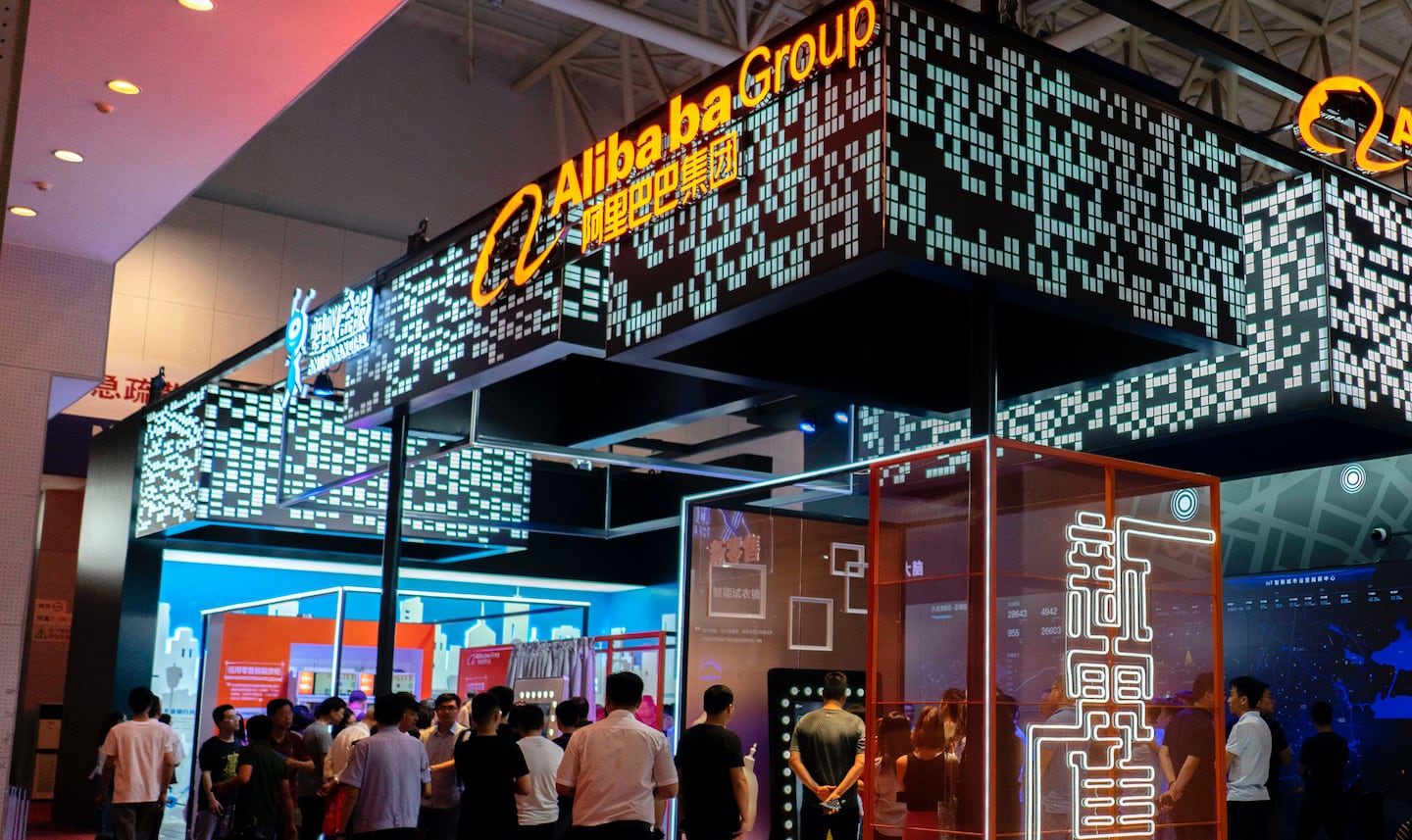
The Business of Fashion
Agenda-setting intelligence, analysis and advice for the global fashion community.

Agenda-setting intelligence, analysis and advice for the global fashion community.

NEW YORK, United States — Alibaba Group Holding said on Monday it will pay $250 million to settle a US lawsuit faulting the Chinese e-commerce company for concealing a regulatory warning about its ability to stop counterfeiting before it went public in 2014.
The lawsuit accused Alibaba of securities fraud for failing to disclose it had met with China's State Administration for Industry and Commerce on July 16, 2014, two months before the company's $25 billion initial public offering.
Alibaba's American Depositary Shares fell 12.8 percent on January 28 and 29, 2015 after the SAIC issued a white paper based on concerns raised at the meeting, saying many products sold on Alibaba websites were fake or infringed trademarks.
The white paper also said the SAIC delayed releasing its findings so the IPO would not be affected.
ADVERTISEMENT
Monday's proposed class-action settlement covers investors in Alibaba ADS and ADS options in the four and a half months preceding the release of the white paper, which was later withdrawn.
The accord, which requires court approval, also resolves claims against Alibaba officials including billionaire founder and Executive Chairman Jack Ma.
Alibaba denied wrongdoing. It said the settlement ends all pending securities litigation against the company, its executive officers and its directors.
In court papers, the plaintiffs' lawyers called the accord "inherently fair, reasonable, and adequate," citing potential hurdles in showing that Alibaba made false statements and intended to commit fraud.
The lawyers may seek up to 25 percent of the settlement fund for legal fees, the papers show. They did not immediately respond to requests for additional comment.
The Chinese company has long faced accusations that its online platforms are a haven for counterfeiters, including in lawsuits by luxury brands such as Gucci and Yves Saint Laurent.
Alibaba, Amazon.com, eBay and other such companies have policies banning counterfeiting, and highlighted their investments to thwart the practice.
On April 3, US President Donald Trump ordered a crackdown on online counterfeiting, saying global transactions in fake and pirated goods could reach $500 billion annually.
ADVERTISEMENT
The case is In re Alibaba Group Holding Limited Securities Litigation, U.S. District Court, Southern District of New York, No. 15-md-02631.
By Jonathan Stempel; Editors: Franklin Paul and Steve Orlofsky
In 2020, like many companies, the $50 billion yoga apparel brand created a new department to improve internal diversity and inclusion, and to create a more equitable playing field for minorities. In interviews with BoF, 14 current and former employees said things only got worse.
For fashion’s private market investors, deal-making may provide less-than-ideal returns and raise questions about the long-term value creation opportunities across parts of the fashion industry, reports The State of Fashion 2024.
A blockbuster public listing should clear the way for other brands to try their luck. That, plus LVMH results and what else to watch for in the coming week.
L Catterton, the private-equity firm with close ties to LVMH and Bernard Arnault that’s preparing to take Birkenstock public, has become an investment giant in the consumer-goods space, with stakes in companies selling everything from fashion to pet food to tacos.